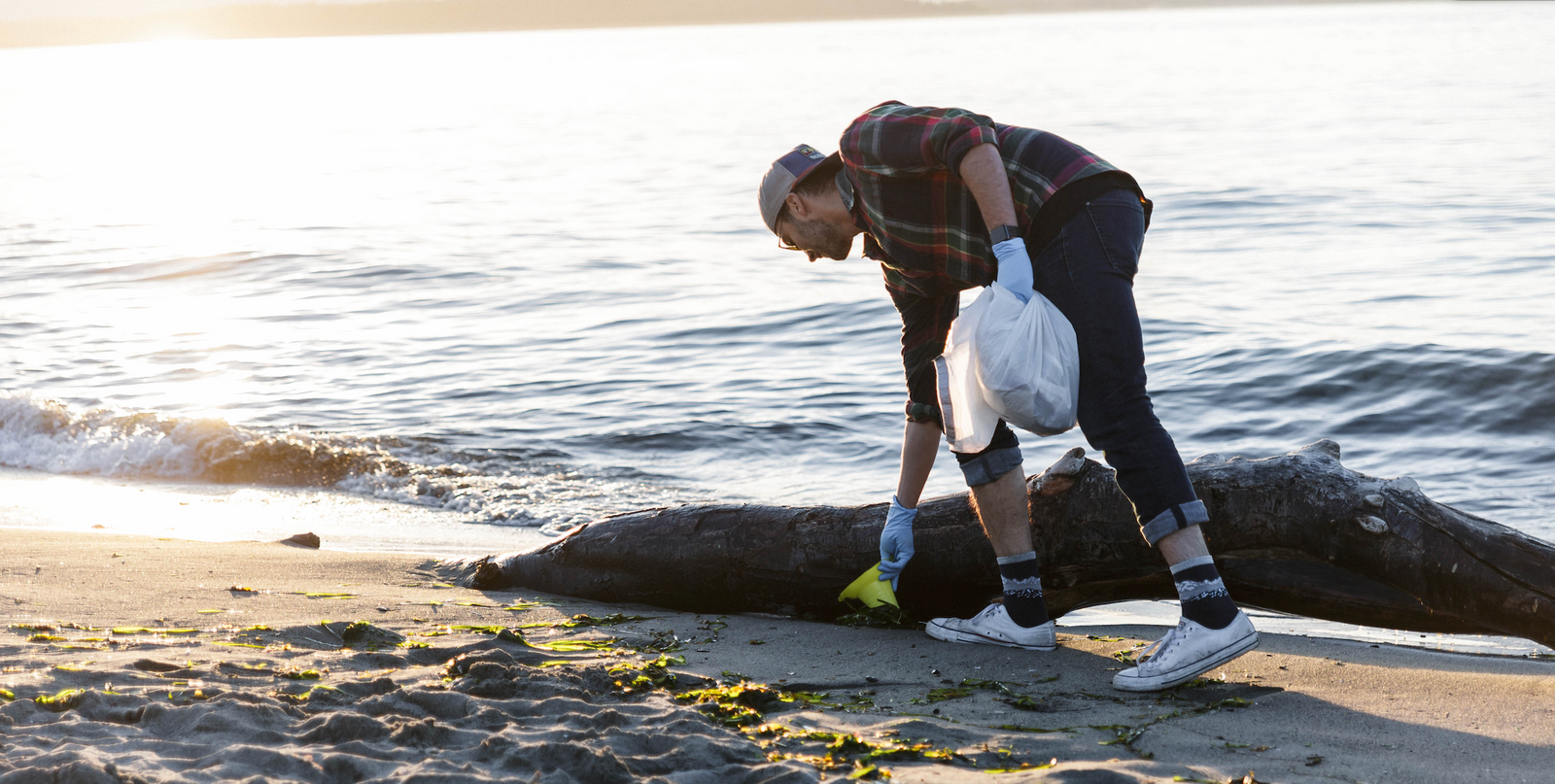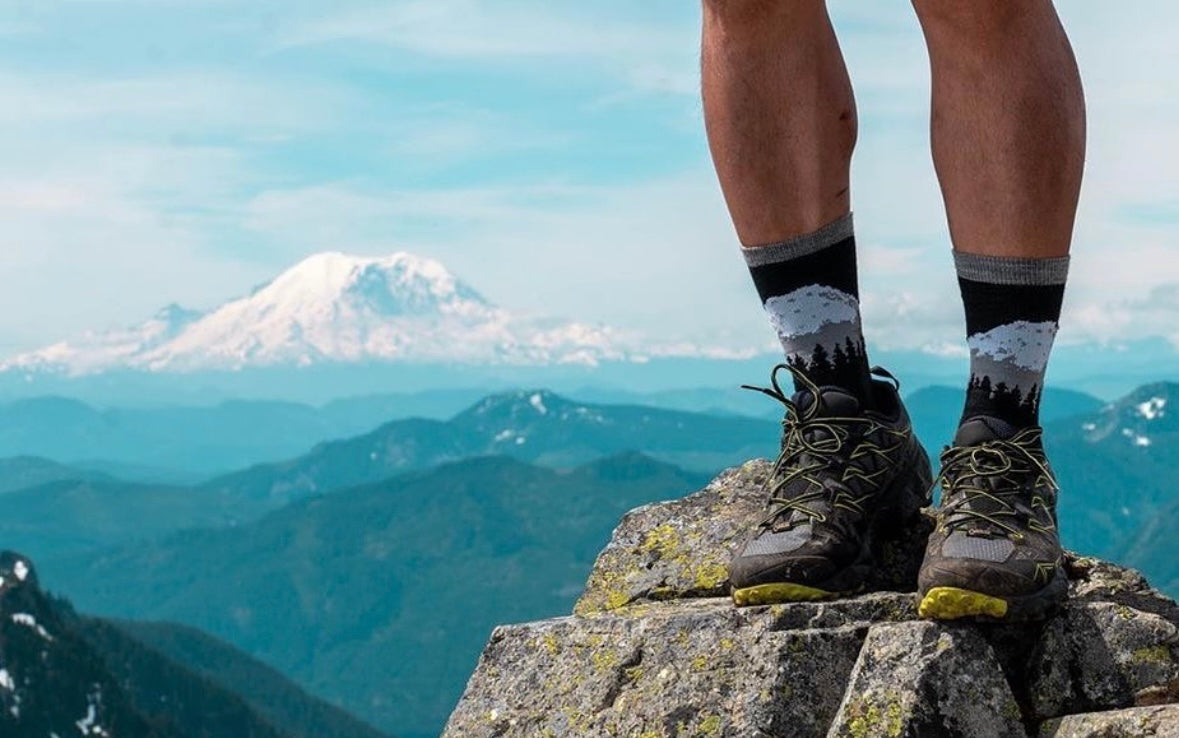
Washington State's wilderness is a treasure, and as responsible outdoor enthusiasts, it's our duty to ensure these natural wonders remain pristine for generations to come. In this article, we'll explore the Leave No Trace principles and how they play a crucial role in preserving the beauty of Washington's wilderness.
Principle 1: Plan Ahead and Prepare
Planning your outdoor adventure is the first step to practicing Leave No Trace. Research your chosen trail or camping site, understand the rules and regulations, and check the weather forecast. Adequate preparation minimizes the chances of unexpected situations and ensures you're well-equipped for the journey.
Principle 2: Travel and Camp on Durable Surfaces
Staying on established trails and campsites helps protect fragile ecosystems. In Washington's diverse landscapes, from alpine meadows to coastal shores, avoiding trampling on sensitive vegetation is crucial. Stick to designated paths to minimize your impact.
Principle 3: Dispose of Waste Properly
One of the most critical Leave No Trace principles is proper waste disposal. Whether you're hiking, camping, or picnicking, always pack out what you pack in. This includes not only your trash but also waste like food scraps, which can harm wildlife. In Washington, this practice is essential to protect the environment and wildlife.
Principle 4: Leave What You Find
The allure of Washington's wilderness lies in its unspoiled beauty. To preserve this, refrain from picking flowers, disturbing wildlife, or defacing natural features. Leave rocks, plants, and historical and cultural artifacts as you found them for others to enjoy.
Principle 5: Minimize Campfire Impact
Campfires can be delightful, but they can also cause long-lasting damage to the environment. In many areas of Washington, campfires are prohibited due to the risk of wildfires. Use a camp stove for cooking, and if fires are allowed, use established fire rings and follow the rules closely.
Principle 6: Respect Wildlife
Washington is home to a wide range of wildlife, from black bears to bald eagles. Observe animals from a respectful distance and avoid feeding them. Feeding wildlife disrupts their natural behaviors and can be harmful to their health.
Principle 7: Be Considerate of Other Visitors
Washington's natural wonders are shared by many. Show consideration to fellow hikers, campers, and outdoor enthusiasts. Keep noise levels down, yield the trail to others when necessary, and maintain a friendly and respectful demeanor on the trail.
In Summary:
Practicing the Leave No Trace principles is not only about responsible outdoor ethics; it's about ensuring that Washington's breathtaking landscapes remain unspoiled for future generations. By planning ahead, staying on designated paths, disposing of waste properly, and respecting both the environment and fellow visitors, we can all contribute to preserving the beauty of the Evergreen State. Leave no trace, but leave a legacy of unspoiled natural wonders.
For more hiking tips, subscribe to our newsletter to stay up to date on all things hiking!

